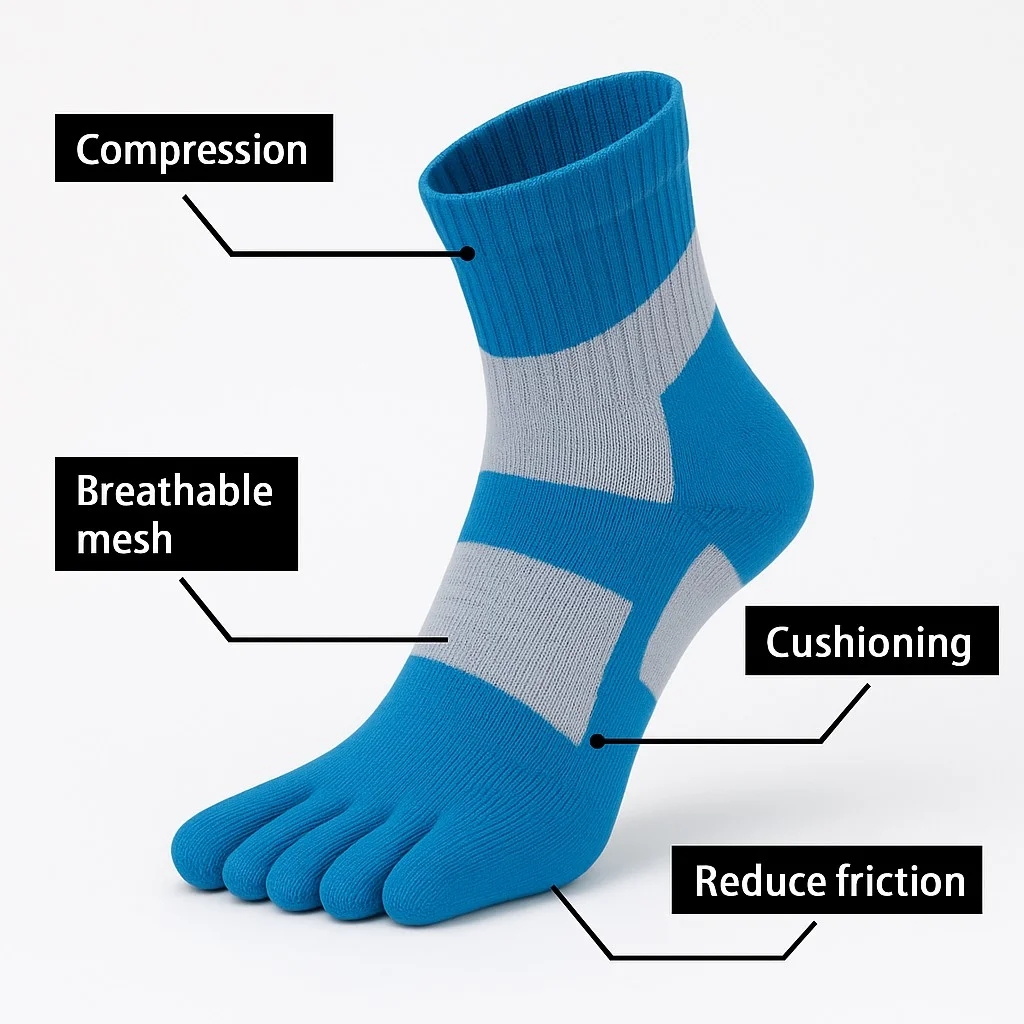Unveiling the Hidden Causes: What is Excessive Sweating a Symptom of?
Excessive sweating, medically known as hyperhidrosis, is a condition that affects millions of people worldwide. While sweating is a natural bodily function that helps regulate body temperature, excessive sweating can be distressing and impact one's quality of life. In this blog post, we will delve into the various underlying causes of excessive sweating and explore the potential medical conditions associated with this symptom.
- Hyperthyroidism:
Excessive sweating can be a symptom of an overactive thyroid gland, a condition known as hyperthyroidism. When the thyroid gland produces an excess of thyroid hormones, it can lead to an increased metabolic rate, causing the body to produce more sweat. Other symptoms of hyperthyroidism include weight loss, rapid heartbeat, and anxiety. - Menopause:
Menopause is a natural stage in a woman's life when her menstrual cycles cease. Hormonal changes during menopause can trigger hot flashes and night sweats, leading to excessive sweating. These episodes can be disruptive and affect sleep patterns, resulting in fatigue and irritability. - Diabetes:
Diabetes, particularly uncontrolled diabetes, can cause excessive sweating. High blood sugar levels can damage the nerves responsible for regulating sweat production, leading to unpredictable sweating patterns. Excessive sweating, especially during sleep, can be an early warning sign of diabetes and should be evaluated by a healthcare professional. - Infections and Fever:
Certain infections, such as tuberculosis, HIV/AIDS, and endocarditis, can cause excessive sweating as the body tries to fight off the infection. Additionally, fever, which often accompanies infections, can trigger sweating as the body attempts to cool down. - Anxiety and Stress:
Emotional factors like anxiety and stress can stimulate the body's sympathetic nervous system, leading to excessive sweating. This response is commonly known as stress sweat. Individuals with anxiety disorders or chronic stress may experience excessive sweating even in non-stressful situations. - Medications:
Certain medications, such as antidepressants, antipsychotics, and some pain relievers, can cause excessive sweating as a side effect. If you suspect that your medication is contributing to your excessive sweating, consult with your healthcare provider to explore alternative options. - Cancer:
In some cases, excessive sweating can be a symptom of an underlying cancerous condition, such as lymphoma or leukemia. Night sweats, in particular, can be a cause for concern and should prompt a thorough medical evaluation.
Conclusion:
Excessive sweating can be a symptom of various underlying medical conditions, ranging from hormonal imbalances to infections and even cancer. If you experience persistent or unexplained excessive sweating, it is crucial to consult with a healthcare professional for an accurate diagnosis and appropriate treatment. Understanding the potential causes of excessive sweating can help individuals seek timely medical attention and improve their overall well-being.





